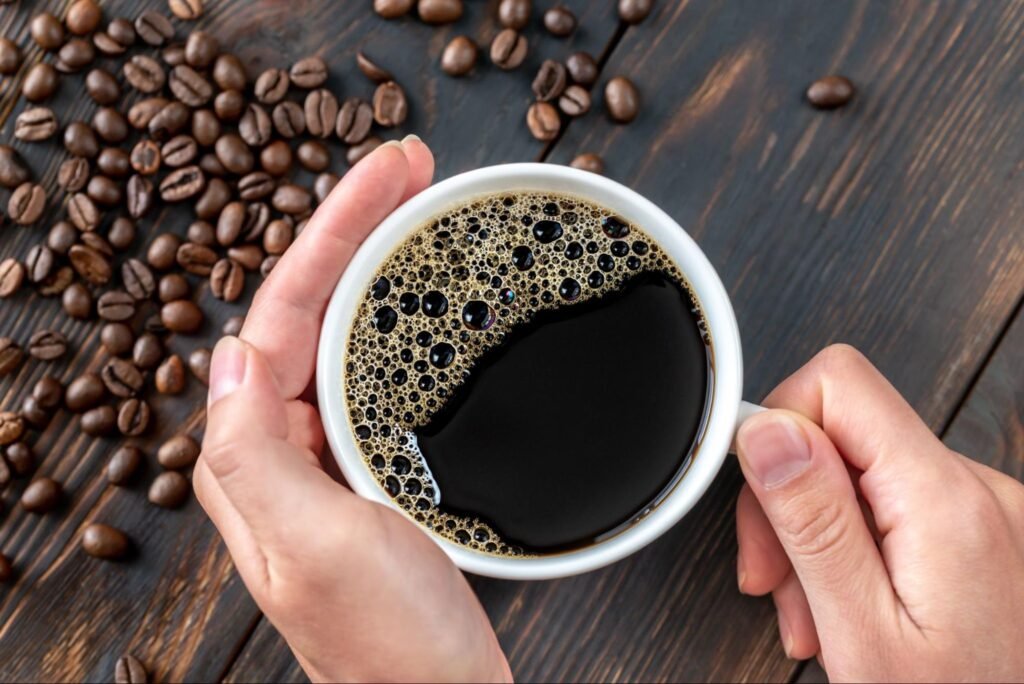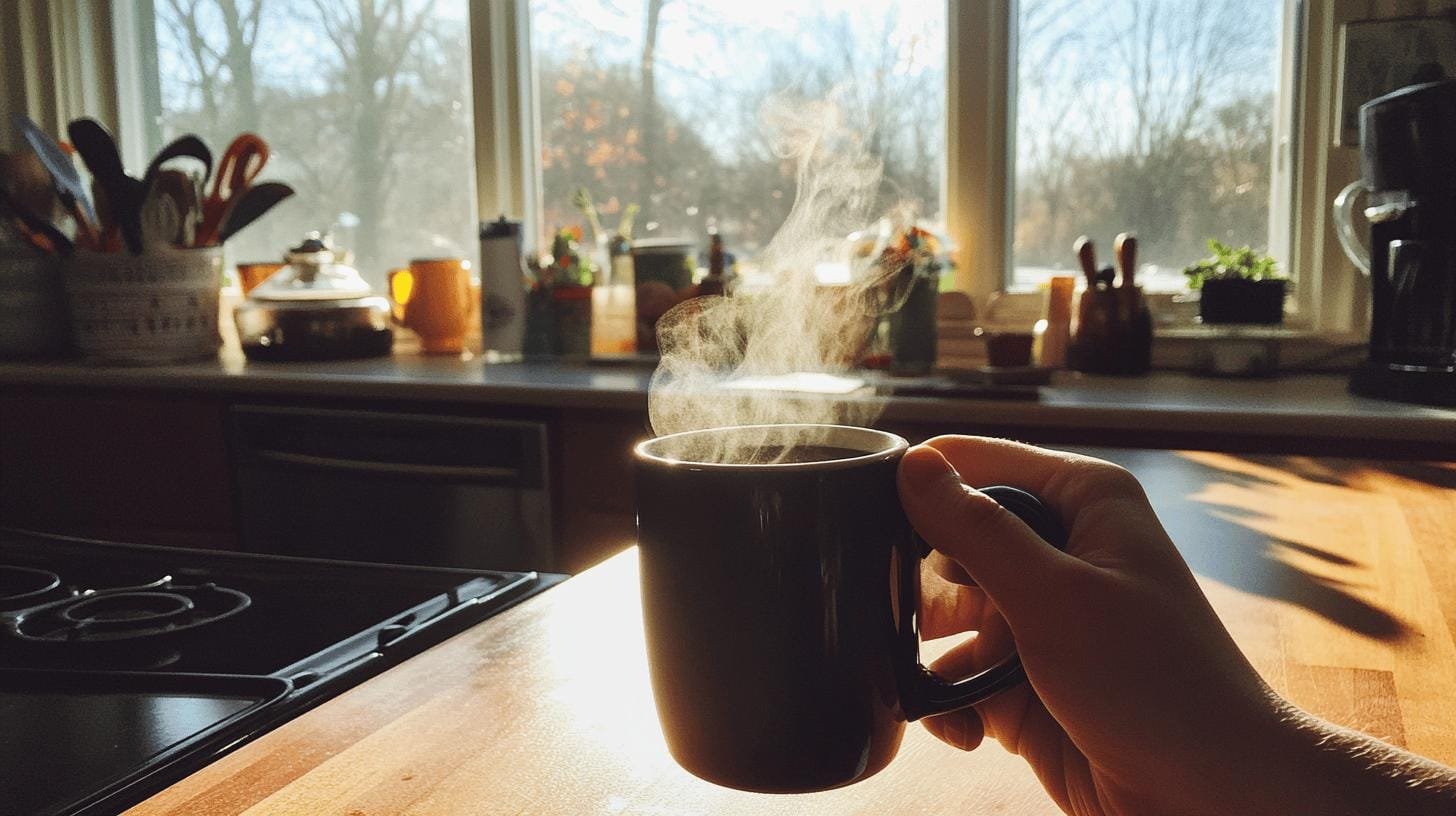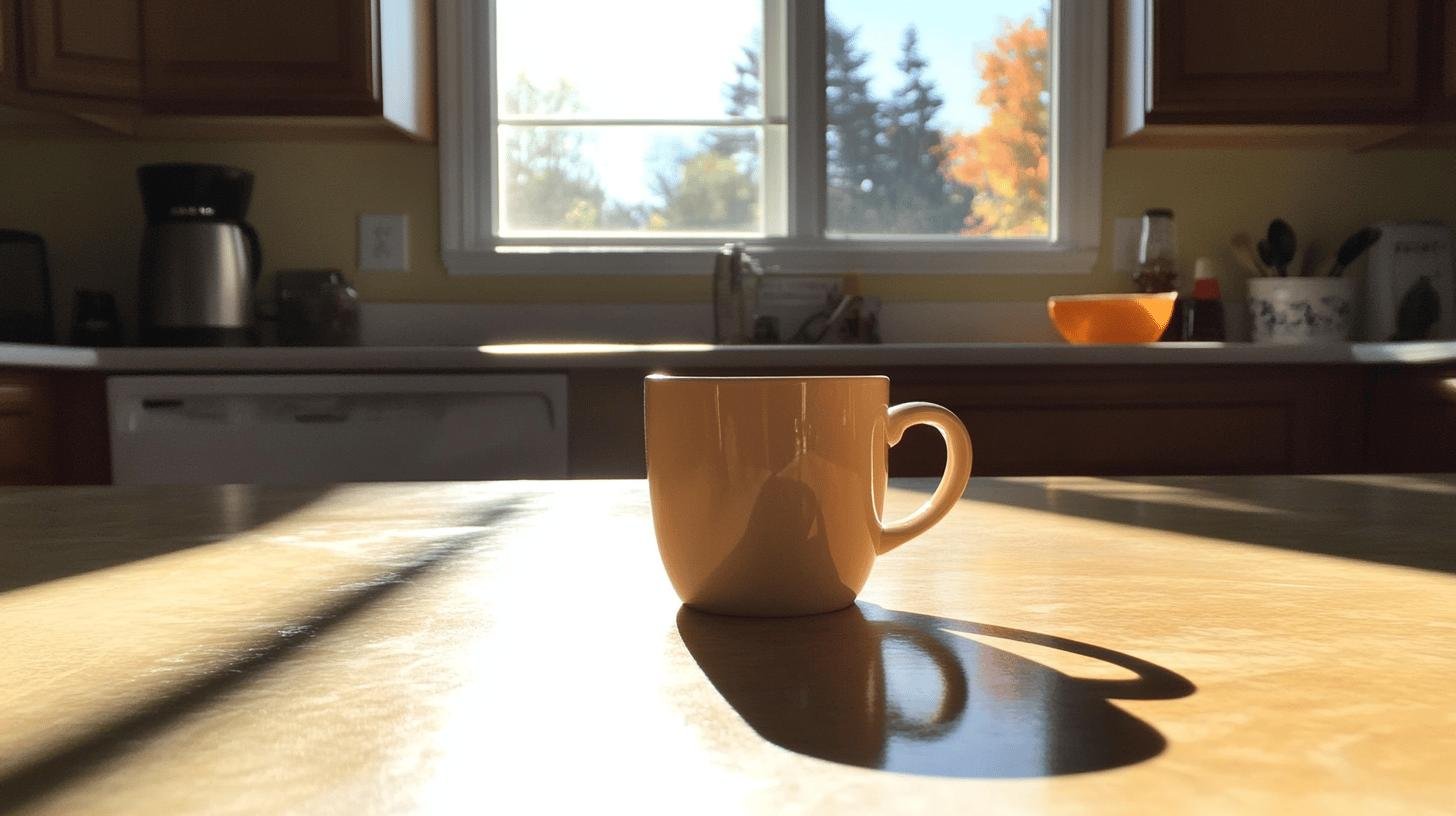
Emerging Approaches Redefining Craft-Focused Customer Experiences
Craft-focused small businesses have always relied on care, precision, and sourcing to stand out. What’s changing now is how those values are shown, not just

Can your morning coffee skew your cholesterol blood work results? Medical professionals debate this topic, emphasizing how even black coffee can subtly alter test outcomes. Factors like added cream or sugar compound these effects, making it crucial to consider morning habits before your appointment.
This article delves into the complexities of coffee before cholesterol blood work, offering expert insights on maintaining accurate results. Whether it’s a splash of milk or a sugar-free option, understanding coffee’s impact can make all the difference in your test precision.
Drinking coffee can affect cholesterol levels and their test results. When you add cream or sugar, coffee raises lipid levels, which might skew the results. Even black coffee, though seen as safer, can still influence cholesterol measurements. This occurs because caffeine and other substances in coffee can cause temporary changes in metabolism, altering cholesterol readings.
Doctors usually suggest avoiding coffee before cholesterol blood work to get accurate results. Accurate cholesterol tests are crucial for assessing heart health risks, and interference can lead to wrong interpretations. Abstaining from coffee, except water, helps prevent errors. Informing your doctor about having black coffee before a test allows for better interpretation of cholesterol levels, keeping test results reliable.

Fasting before a cholesterol test ensures accurate cholesterol and triglyceride measurements. Generally, fasting means no food or drinks, except water, for 8 to 12 hours before the test. This period allows the body to stabilize, reducing any recent dietary influences on the results. Following these guidelines helps healthcare providers get an accurate lipid profile assessment, crucial for evaluating cardiovascular health risks.
Black coffee is usually fine but could slightly affect cholesterol readings by a few mg/dL. It has few calories compared to coffee with cream or sugar, but caffeine can still cause minor metabolic changes affecting test outcomes. It’s best to limit or avoid black coffee during fasting to ensure accuracy.
Key fasting do’s and don’ts about coffee:
Sticking to fasting instructions is vital for accurate cholesterol tests. The precision of these tests affects the diagnosis and management of cholesterol issues. By following fasting guidelines, test results will accurately show lipid levels, helping healthcare providers make informed decisions about treatment and lifestyle advice.
Studies show coffee before cholesterol blood work can impact cholesterol levels, increasing them by about 12 points on average. This is especially linked to unfiltered coffee, which has higher cafestol and kahweol, compounds known to raise cholesterol. Coffee can change lipid panels and triglyceride levels, affecting overall cholesterol results. This rise can be significant for those having cholesterol blood work, as it might skew results and influence heart risk assessment.
Brewing methods also affect coffee’s impact on cholesterol. Unfiltered methods, like French press or Turkish coffee, raise cholesterol more due to cafestol and kahweol presence. On the other hand, filtered coffee removes most of these, resulting in a lesser effect on cholesterol. Understanding the influence of brewing methods is vital for those monitoring cholesterol levels, especially when preparing for tests.

Avoid all food and drink, except water, before a cholesterol test. This includes coffee, as even black coffee can affect test accuracy. Standard pre-test dietary guidelines stress fasting to eliminate variables that could affect results. Coffee introduces caffeine and other compounds, which could change metabolism and cholesterol levels. Avoiding coffee before cholesterol blood work helps maintain test integrity, giving a clear view of heart health.
Experts recommend consulting healthcare providers about any coffee intake before a cholesterol test. This discussion provides tailored advice based on personal health and fasting needs. If you drink black coffee before the test, inform your healthcare provider to ensure accurate test interpretations, considering coffee’s potential influence on your lipid profile.
Fasting and non-fasting cholesterol tests serve different purposes, with fasting tests generally offering more accurate results.
Fasting tests are preferred as they provide a clear measurement of lipid levels, unaffected by recent diet. By avoiding food and drink, except water, for 8 to 12 hours, fasting tests show your usual metabolic state.
Non-fasting tests are convenient but may not accurately measure triglyceride levels, which can vary post-meal. For those on cholesterol meds, fasting tests are crucial to monitor treatment accurately.
Coffee can disrupt both test types, mainly affecting triglyceride readings. Coffee with additives may alter lipid levels due to its caffeine and other substances, causing temporary metabolic shifts. Even black coffee, though less impactful, can slightly change cholesterol readings. In non-fasting tests, coffee’s effect may combine with other dietary factors, making results hard to interpret. So, avoiding coffee before either test type helps maintain accurate results.
Navigating the impacts of taking coffee before cholesterol blood work involves understanding the varied factors impacting test accuracy. Consuming coffee, particularly with additives, can alter lipid measurements, affecting outcomes. Adhering to fasting guidelines remains crucial to obtain reliable results.
Balancing the art of coffee enjoyment and maintaining test integrity requires awareness and adherence to expert recommendations. By consulting healthcare providers, individuals can make informed decisions regarding pre-test consumption.
Ultimately, achieving accurate cholesterol readings while savoring coffee highlights the importance of moderation and careful planning.
Drinking coffee before a fasting blood test for cholesterol is generally not recommended, as it can alter lipid levels and affect the accuracy of the results. Black coffee may have a lesser impact, though it still has the potential to influence cholesterol readings.
If you accidentally consumed coffee before cholesterol blood work, it may result in elevated lipid levels, leading to inaccurate test results. Informing your healthcare provider is advisable for accurate interpretation.
Generally, it is recommended to avoid food and drinks, excluding water, before a cholesterol test. Coffee, particularly with additives, should be avoided to ensure accurate test results.
Some guidelines suggest that black coffee might be acceptable before a cholesterol test, though it could still minimally impact test results. Consult your healthcare provider for specific instructions.
To reduce cholesterol levels before a blood test, lifestyle changes such as a healthy diet, regular exercise, and following pre-test dietary guidelines are recommended. Avoid coffee and high-fat foods for more accurate results.

Craft-focused small businesses have always relied on care, precision, and sourcing to stand out. What’s changing now is how those values are shown, not just

How can brands create a more balanced and memorable customer experience by blending artisanal product quality with thoughtful everyday rituals that keep people coming back?

Independent coffee shops have always been about more than caffeine—they’re hubs of creativity, connection, and care. As café culture continues to evolve, new trends are

Introduction Independent cafes win when they feel like the neighborhood’s living room and operate with the discipline of a great kitchen. Below is a quick

Discover how top specialty coffee brands create lasting loyalty through storytelling, sourcing, and community connection. Real tips from 6 industry experts.

Discover the ultimate showdown between two beloved coffee brewing methods: the French press and Chemex. Explore how each technique caters to distinct palates, with the French press delivering bold flavors and the Chemex presenting a bright, clean taste.

Unlock the secrets to brewing the perfect cup of coffee with our comprehensive guide on using a coffee scale. Discover how precise measurements enhance flavor and consistency while eliminating bitterness.

Discover how water temperature plays a vital role in brewing the perfect cup of coffee. This article delves into the ideal temperature range of 195°F to 205°F for optimal flavor extraction, enhancing the enjoyment of high-quality beans.

Discover the world of curated specialty coffee bundles, perfect for enthusiasts seeking quality and craftsmanship. This article explores the benefits of ethically sourced, small-batch beans from brands like Equipoise Coffee, offering diverse flavor profiles that elevate your brewing experience.